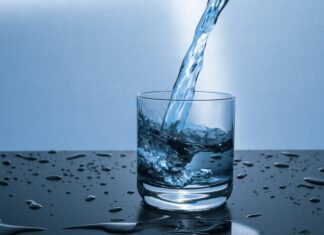You might have heard about rotary piston pumps during your studies. Obviously, rotary piston pumps come under the category of the piston pump. Pumps have become an indispensable component of all domestic and industrial applications. There are many different types of pumps on the market, and one of them is the piston pump. A piston is used in piston pumps to compress a fluid. This article focuses on the benefits and drawbacks of piston pumps.
A piston pump is a pump that employs a piston to move fluid from one location to another. It is a well-known reciprocating pump. The piston of this pump travels up and down in the compression cylinder. This piston is attached to a crankshaft, which is driven by an electric motor and receives power from it.
Inlet and output check valves, connecting rods, a crankshaft, and a piston are all part of the piston pump. The most popular type of piston pump is the hand pump. The water is sucked and drawn by a piston in the hand pump.
This piston is connected to the pump’s handle. As the handle is lowered, the piston is pushed down, sucking water into the cylinder.
Benefits of Piston Pumps:
- These pumps offer a wide pressure range.
- These can transport sludges and fluids with a high viscosity.
- They don’t need to be primed.
- This pump does not require priming.
- They outperform plunger pumps in terms of efficiency.
Piston pumps have a wide pressure range, can achieve high pressures, and can regulate pressure without affecting flow rate. The discharge rate of piston pumps is constant. Changes in pressure and discharge rate have little impact on performance. Only properly constructed valves allow piston pumps to handle viscous fluids, large gas volumes, and particles.
Drawbacks Of Piston Pumps:
- Pulsating fluid is supplied by these pumps.
- They don’t have as much power as centrifugal pumps.
- These have a significant upkeep expense.
- These are unable of dealing with lower flows.
When compared to centrifugal and roller pumps, piston pumps have a higher per-unit operating cost. Maintenance expenses might be expensive since mechanical parts are prone to wear. For big particles to flow through, the valves must be abrasion-resistant. Due to its massive size and the weight of the crankshaft that powers the pump, piston pumps are rather hefty. Applications.
Know about – How Oilless Air Compressors Can Help Protect the Environment With the Aid of Thorough Checks
Wrapping it up!
If you are looking for a quality piston pump manufacturer and supplier, get in touch with the no.1 manufacturers. They will guide you and explain to you every process of buying. Keep refreshed with Quintdaily for more informative updates soon.










